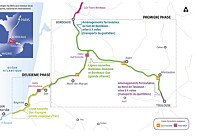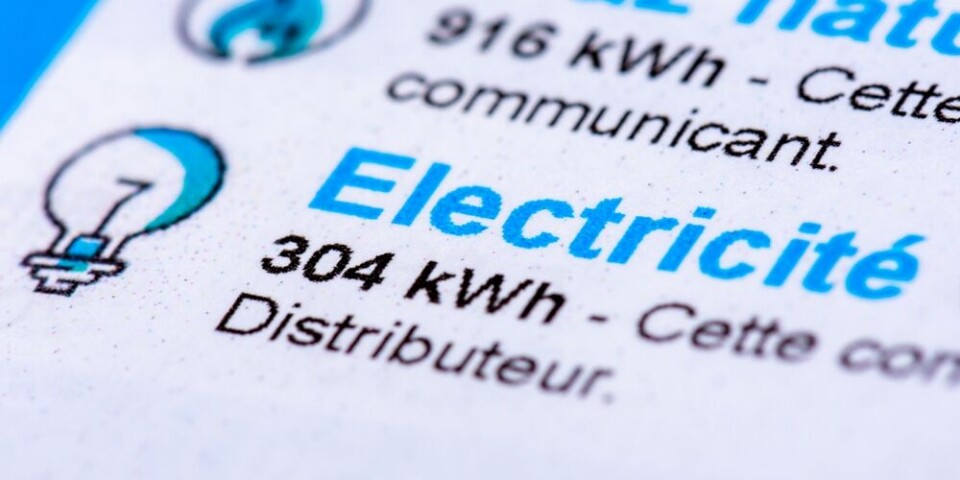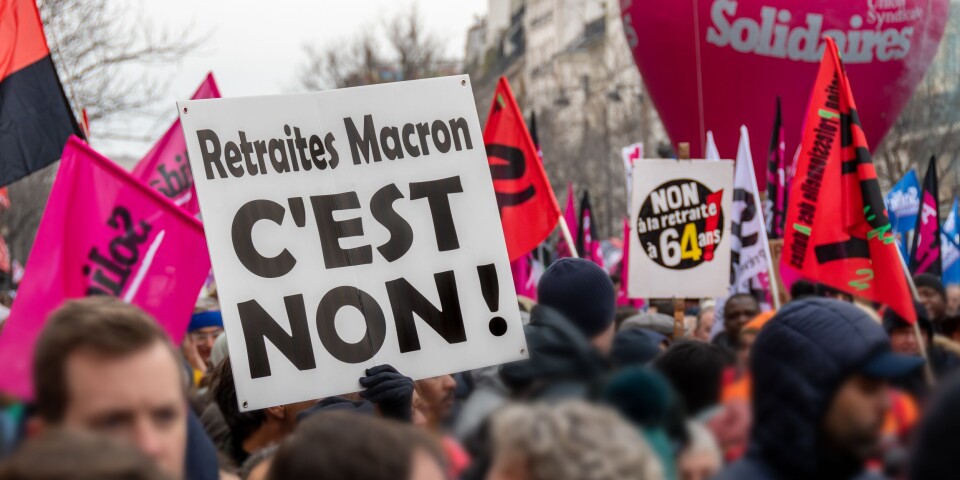Explained: rent increase limits in France as latest inflation figures published
Many renters will face price increase in January
Tenancy agreements will often state when an increase to rent will take place
Henry St John/Shutterstock
Rent increases are on the horizon for many in France next year however they cannot generally exceed a certain level.
Increases to rental payments are controlled by a rent index, but also specifications in the tenancy agreement between landlords and tenants.
This means tenants cannot be hit by a surprise hike in rent at the end of the year, or a surprise sudden increase in rent partway through the rental contract.
What is the latest potential increase?
The latest figures of France’s rental index (indice de référence des loyers, IRL) were published last week, showing an inflation increase of 2.47%.
It is published by national statistics body INSEE and is based on the cost of living (excluding tobacco products and rental prices).
The IRL is published quarterly, but the latest figures from the third quarter limit rental rises where the tenant’s rent is susceptible to increases between now and the end of the calendar year.
For example, if your current rent is €500 per month, landlords can increase it by around €12 based on the new IRL, costing an extra €148 per year.
This is because €12 represents 2.47% of €500.
In which cases does the increase apply?
The increase will come into effect from January 2025 for many, but not all renters.
Rental contracts will stipulate if the rent charged is based on the IRL.
If the tenancy agreement is based on the IRL – standard rental contracts usually are – the increase can come into effect on January 1 of each year, provided this is the date given for increases in the contract.
However in some contracts the increase may come at a different time (such as the anniversary of the rental contract being signed, or another date agreed between landlord and tenant).
If there is no mention of an annual increase based on the IRL in the tenancy agreement, landlords can still choose to raise rents, but cannot raise the monthly amount above what is stated in the latest IRL index.
In all cases, rental increases can only happen once per year if there is no change in tenant.
If rent is increasing, the landlord must notify the tenant of the change. This will, amongst other things, allow renters to alter direct debit payments.
This rule is based on the 1989 rental laws (modified to include the IRL as its base measurement in 2021).
Landlords have one year from the IRL being published to increase rents based on those calculations. However, the rent change does not apply retrospectively but only from the date of the demand. For example, if the landlord can revise the rent from October 2024 but only makes the demand in December 2024, the tenant must only pay increased rent from December 2024.
The one year rule for landlords making a rental increase demand applies both for a rental contract where increases based on the IRL are stipulated, and where they are not.
Other things to consider
There are certain situations where rents can be increased by higher than the IRL, but these are rare.
They include cases where significant renovations have been made on the rental property, or the rent was significantly lower in the area than other comparable properties.
Landlords can increase the rent above the IRL in these scenarios, but only with agreement from the tenant.
Finally, if a landlord wants to evict the current tenants (generally, they must give three months notice to do this) and increase the rental price for a new tenant, in areas where there is a shortage of housing (zones tendue) increases cannot go above the IRL unless one of the rare exceptions applies.
In areas without a housing shortage, increases can be higher than this, but may still be subject to local rules including rent caps.
As a reminder, tenants cannot be evicted in the winter months due to a rental truce (trêve hivernale).
This winter, it runs from November 1 2024 to March 31 2025.





























